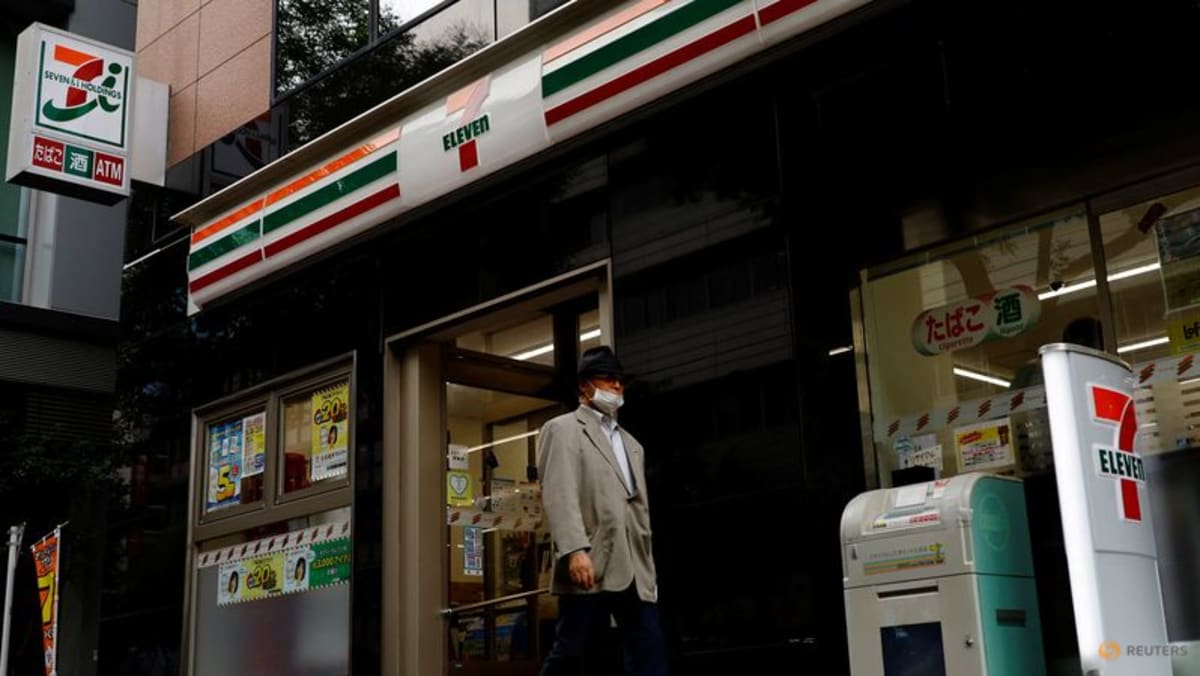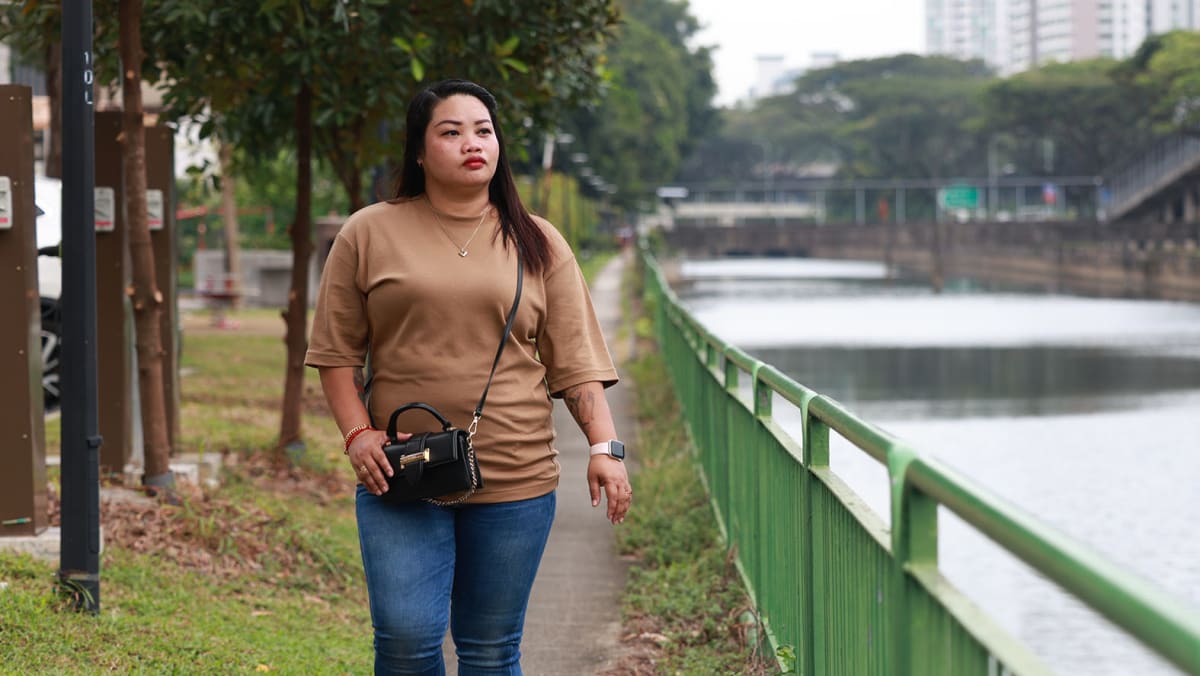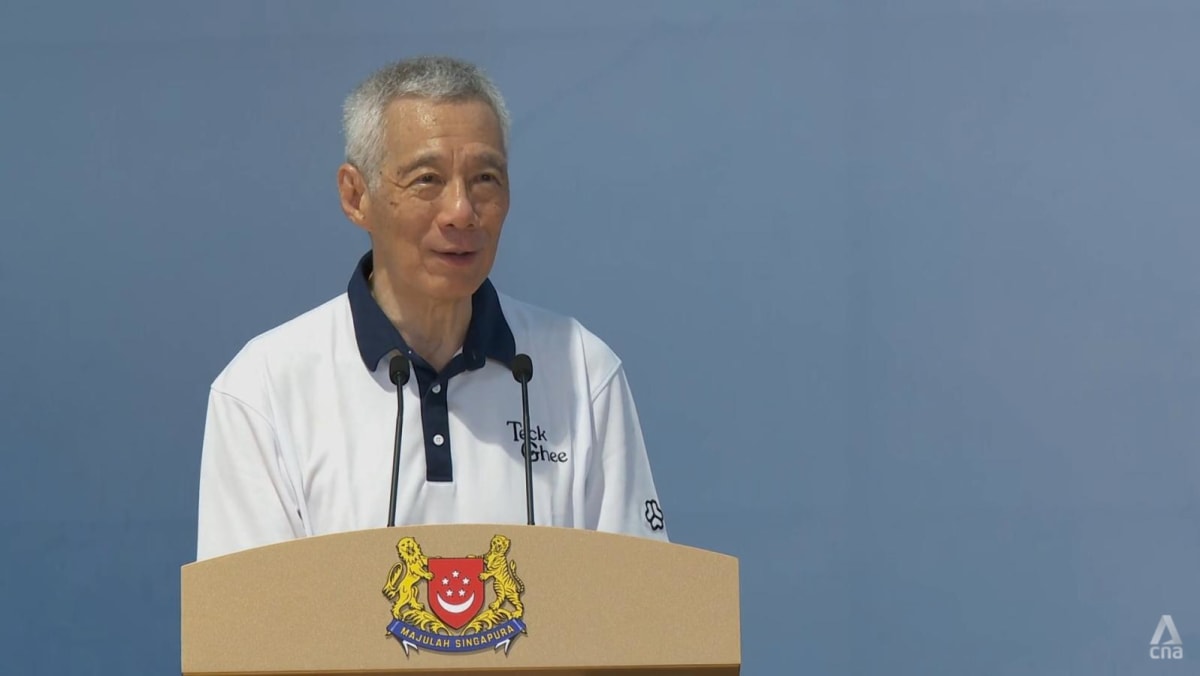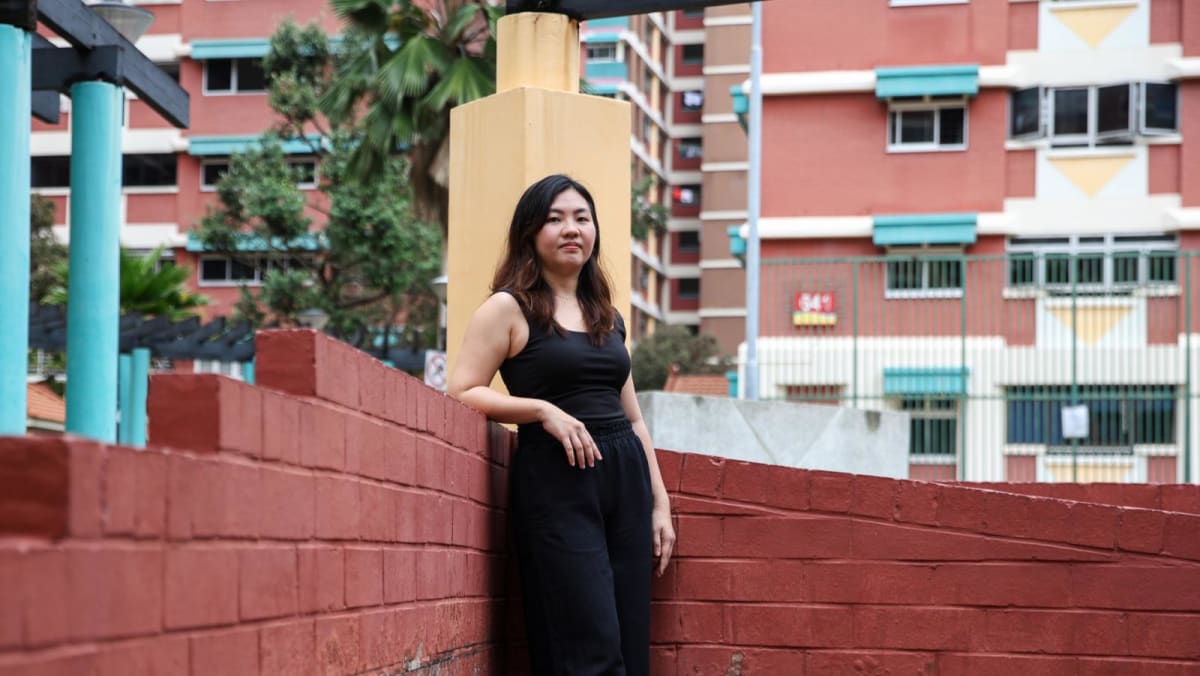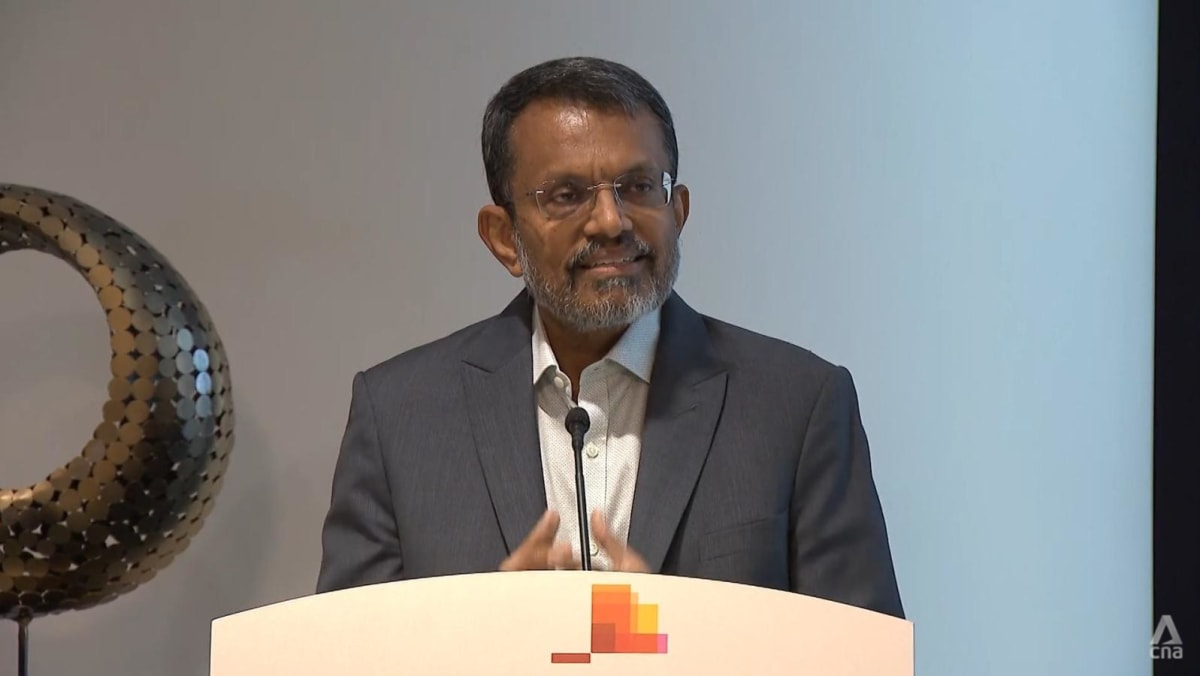When foreign domestic worker Jhona Muestas, 40, discovered a lump in her left breast in 2019, she did not tell a soul because she was afraid she would be told to go back home to the Philippines.
“I am the breadwinner of the family and have four children,” she said. “Two of them were in college, so I needed to support them. I was scared to lose my job.”
The secret was kept for five years until May last year when she was admitted to the National University Hospital after having a persistent fever. The doctors diagnosed her with stage four breast cancer.
Her employer, for whom she had worked for seven years, used up the maximum sum of Ms Muestas’ S$15,000 annual insurance claim limit after two weeks in hospital, where she did many scans and tests.
However, with the cancer spreading to her spine, Ms Muestas needed more money immediately to undergo surgery.
The church friends and school community of her employer donated money and they raised more than S$69,000 to pay for her surgery in Singapore. This amount covered most of the cost.
Her employer has continued to support her living expenses since August last year when she headed home to undergo further treatment.
Ms Muestas’ account of facing huge bills after being stricken by a medical condition is not uncommon among domestic workers and migrant workers here. Some of them just do not have adequate insurance coverage.
The support that Ms Muestas received from her employer is rare, non-profit organisations said, adding that many employers would choose to immediately send their workers home even if there is a possibility of raising money for their treatment or looking to insurance claims.
Ms Debbie Fordyce, president of non-profit Transient Workers Count Too (TWC2), said that they have had 60 migrant workers approaching the organisation to help with medical expenses in the last two years.
The medical conditions they faced included kidney stones, carcinomas (cancerous growths), a paralytic stroke, thyroid problems and acute stomach pain.
TWC2 seeks to improve conditions for low-wage migrant workers and Ms Fordyce said: “For almost all the workers who come to us, we have to advise them that if the employer is not willing to pay, no one will. And there’s no way that they’re going to get the treatment they need.”
Another migrant worker Fazley Elahi, known for founding a cultural show and library for fellow migrant workers, recently died on Feb 4 after he was diagnosed with colon cancer in 2022.
The 38-year-old relied on crowdfunding campaigns to pay for his medical fees, which stretched to tens and thousands of dollars.
Mr Fazley’s death put a spotlight on how well-insured migrant workers and domestic workers are, raising the question of whether more needs to be done to ensure that their insurance payouts are enough to tide them through a non-workplace-related medical emergency and if employers can be made to take more responsibility.
For domestic worker Bhing Navato, getting diagnosed with cervical cancer in June 2023 was “like a death sentence”.
Ms Navato had just a month’s salary left in her pocket and her employer cancelled her work permit after learning about her condition.
A fundraiser pooled S$16,000 for her chemotherapy treatments in the Philippines, which was “a lifeline” for her and her family.
